approfondimenti
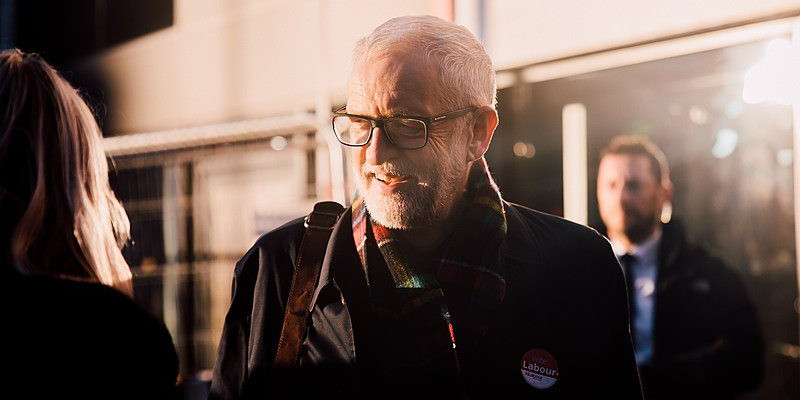
EUROPA
Interview with Jeremy Corbyn. «Movements change the world»
The Peace and Justice Project was launched by the former Labour Party leader on January 17. In this interview Jeremy Corbyn talks about the challenges we must face in times of global crisis, detailing the goals of his project, and also speaks of his leadership in the Labour Party. Fighting climate change, pacifism, media reform, economic security, global justice are the issues at the heart of the Project. For the many not the few
In recent years several global movements have driven important changes around the world, namely feminist movements, Black Lives Matter and the movements for action against Climate Change. What kind of interaction do you imagine with these movements? Which other movements across the globe do you see Peace and Justice interacting with?
We offer our total support to and want to work with these movements and all others challenging injustice, because movements change the world. And we need to link these movements and issues together because they are all connected. Climate change is a racial justice issue, racial justice is a class issue, class is a feminist issue, and so on. Building a world for the many not the few means bringing people together across backgrounds, issues and across borders because, so much of the time, we find the same causes of injustice presenting themselves in different ways.
So the Peace and Justice Project will work with campaigners, grassroots activists, thinkers, and leaders, to share experiences and generate ideas about solutions to our common problems – whether it’s Rolls-Royce workers defending their jobs in Barnoldswick, or the huge farmers’ protests in India where one in every thirty people on Earth have been on strike, whether it’s children going hungry here in one of the world’s richest countries, or refugees seeking a place of safety.
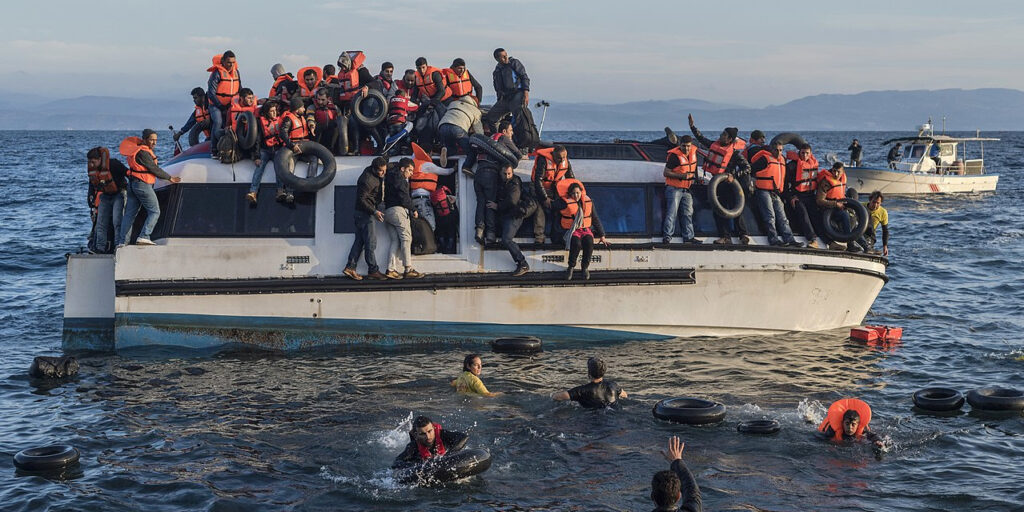
(credits: commons.wikimedia.org)
Scarlett Westbrook, the first speaker at the online presentation of your project, explicitly linked the climate crisis with the “historic imprint of colonialism” and said this is why the response to the climate crisis must be internationalist. Climate crisis is about human rights, collective inequality, corporate power, self determination and democracy. Could you tell us more about how this is at the core of your project?
The climate crisis is at the heart of everything. Whether it’s people displaced by floods, droughts and resource conflicts, whether its communities polluted and livelihoods destroyed by fossil fuel extraction, or whether its children breathing toxic air in our major cities, the consequences are everywhere. And those consequences are defined by our past; the relationships of power and oppression that continue to determine how those who profit from climate change exploit the rest of us. Climate change is a class issue, a global justice issue, a human rights issue.
So climate justice is at the heart of everything we try to do and build. At COP 26, the UN climate change conference in Glasgow this year, we have to force the demands of our movements – from indigenous peoples in the Amazon basin to anti-fracking movements in England – onto the debating table. We’ll be working with all those campaigning for decent and unionised green jobs, for a just transition for workers, for ending fossil fuel extraction and the exploitation of people and the natural world that goes with it, and for a sustainable future based on a new balance of wealth and power.
The movement against wars (in Afghanistan, in Iraq) of the early 2000s was a truly global one. It seems to us that the struggle against wars has become less important for contemporary social and political movements, which seem now more interested in more domestic issues. Why is pacifism so pivotal for your new project?
The war in Afghanistan and the wider War on Terror turns twenty this year, and what do we have to show for it? Very little but destruction, death, and misery. Millions of civilians in Afghanistan, Iraq and beyond are dead, permanently injured, or displaced, along with thousands of military personnel. If we can afford to prosecute these wars, we can afford to fix the immediate crises our society is facing.
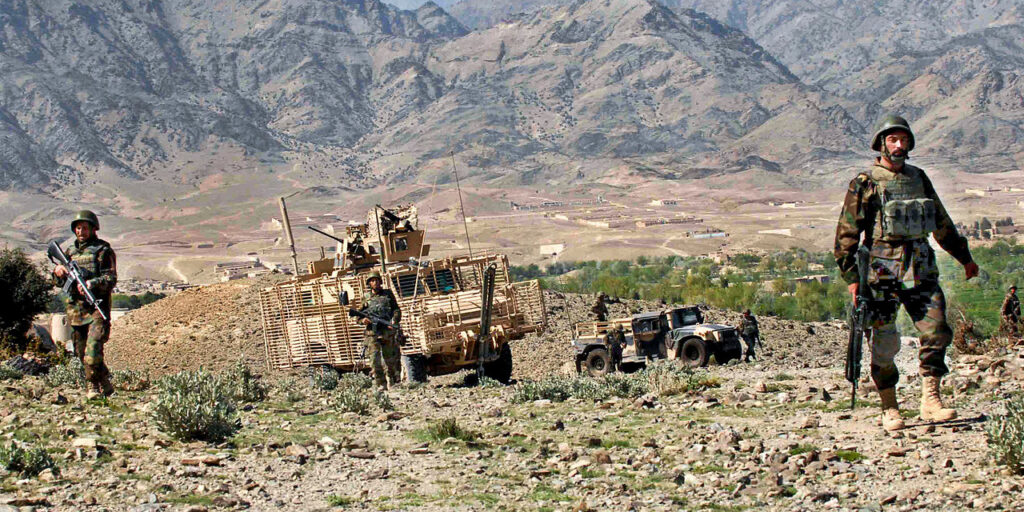
(credits: commons.wikimedia.org)
The UK and the US spend hundreds of billions on wars and weapons of mass destruction and yet were left defenceless in the face of a predictable pandemic. We are facing numerous crises; of social and economic inequality, of environmental breakdown, of new geopolitical tensions and new forms of warfare; and nuclear weapons help with none of these. The case for peace, for solving problems through international cooperation, and for investing in the common good, is more powerful than it’s ever been.
During your leadership the Labour Party grew and became the biggest party in Europe, unlike other Social Democratic parties. How were you able to mobilise and re-politicise such a large sector of the society, often very young?
People used to say that young people weren’t interested in politics but actually it was politics that wasn’t interested in them.
There is a huge energy out there to change the world, to make it work for the many not the few. I am incredibly proud of the huge expansion of membership under our leadership and I hope that the energy and enthusiasm of that period will advance and grow the socialist movement because no one will change the world for us.
Is there still space for ideas that could radically transform society, democratising it and redistributing power and wealth, as indicated by the 2017 and 2019 Labour Manifesto?
The policies in our manifestos were popular, and their time has come. Labour’s policies give people what they want and need, not just what they are allowed by the powerful. The pandemic has shown just how vital and timely these policies are. I am sure they will be achieved, along with a dramatic shift in wealth, power and opportunity from the few to the many.
Several of the key themes of the Peace and Justice Project are in continuity with the Labour Party in 2015-2019. Do you think it is still possible to generate interest and attraction for such issues working outside of a major political party, at a time when these issues unfortunately seem to lay outside the public debate (at least in Italy)? And what kind of relation do you envision with political parties?
Our message struck a chord with people who were fed up of the same old politics, of austerity, of war, of growing up in one of the richest countries in the world with a record rate of poverty in work and millions living in poverty. We made the case that this situation isn’t inevitable; but created by an economy built to serve the few and not the many.
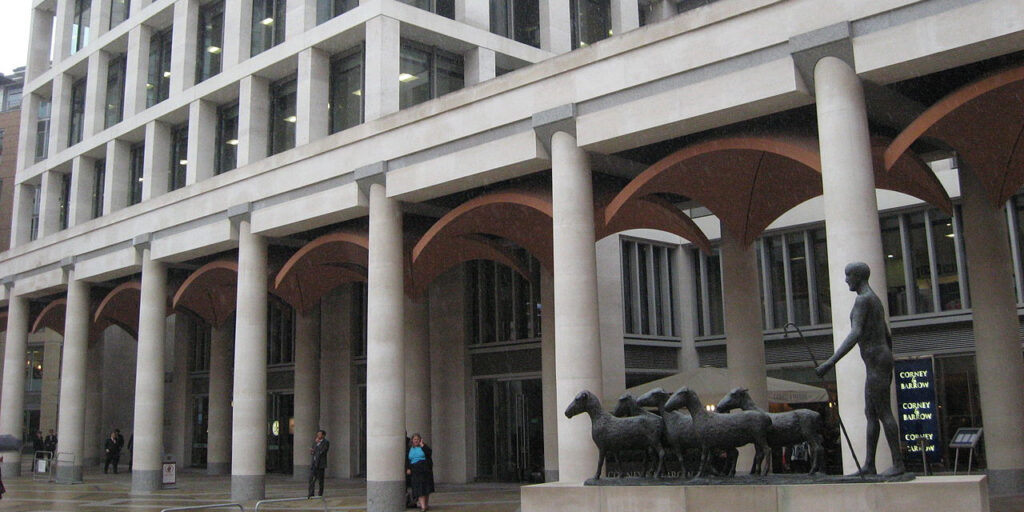
(credits: commons.wikimedia.org)
While this was not enough to overcome the Brexit divide and win in 2019, these underlying issues have not gone anywhere. Many of the ideas we need to make the 2020s better than the 2010s were developed in and around the Labour Party in recent years by outstanding thinkers. But, more importantly, they were developed by movement demands, and the skills, the knowledge, the needs, of the communities affected.
We will build on these policies, taking them further and adapting them to the post-pandemic world so that our movements can turn the dial away from conflict and inequality, and toward peace and justice.
In your launch event there was a certain emphasis on the role of media in shaping public opinion. How is it possible to work on this issue? What is Peace and Justice doing in this area?
In the UK, we are working on a campaign to prevent billionaire Rupert Murdoch’s power grab for a new TV channel. Overall, the Peace and Justice Project is committed to working with a wide range of groups and organisations campaigning for a more just, free and accountable media. We will commission research, support grassroots actions and campaign to bring about a media system that is fit for the 21st Century, one that nourishes rather than distorts democratic debate; one that supports rather than constrains journalistic freedom; and, above all, one that speaks truth to power and gives voice to the voiceless.
One last, but very important question. What can people do to participate in the project, in the UK and beyond?
We have four key projects in progress currently – some of which are more specific to the UK and some of which will need supporters all over the world.
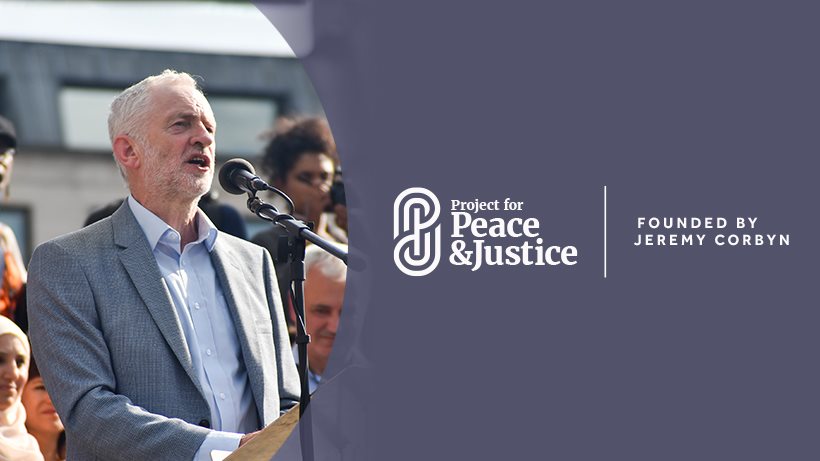
(from the Facebook page of the project)
Our economic security project is organising direct support for communities across the UK hit by the triple crisis of austerity, the pandemic, and the new recession. Our global justice project is campaigning for Covid-19 vaccines to be available to all, and affordable everywhere. Our democratic society project will campaign for a more just, free and accountable media; supporting public interest journalism and challenging corporate monopolies. And our climate justice project will campaign for a Green New Deal in the UK and across the world.
You can sign up now at The Corbyn Project
Here‘s the Italian version of the interview
Cover image taken from commons.wikimedia.org
